This time, there is a development on the human rights and law side regarding AI. The first “robot” lawyer, powered by artificial intelligence will assist a defendant in fighting a traffic ticket in the United States Supreme Court next month, reported CBS News.
The AI lawyer informs the defendant what to tell in real-time, through earphones.
The AI-powered lawyer developed by DoNotPay. The company utilizes artificial intelligence to help consumers fight against institutions and organizations and solve their problems like beating parking tickets, appealing bank fees, and suing robocallers.
“It’s within the letter of the law, but I don’t think anyone could ever imagine this would happen,” Joshua Browder, CEO of DoNotPay stated. “It’s not in the spirit of the law, but we’re trying to push things forward and a lot of people can’t afford legal help. If these cases are successful, it will encourage more courts to change their rules.”
Hearing aids, some of which are Bluetooth-enabled, are permitted in some courts. That’s how Browder determined DoNotPay’s technology could be used legally in this case. However, the tech isn’t legal in most courtrooms. Also, If the robot lawyer loses the case, DoNotPay will cover any fines, Browder said.
According to the news, some states require consent from all parties to be recorded, which eliminates the possibility of a robot lawyer entering many courtrooms. Only two of the 300 cases considered by DoNotPay for a trial of its robot lawyer were viable.
The ultimate goal of the company is to democratize legal representation by making it free for those who can’t afford it. “This courtroom stuff is more advocacy,” he said. “It’s more to encourage the system to change,” Browder described.
On the other hand, when he announced this technology lawyers threatened him and told him he’d be sent to jail. “There are a lot of lawyers and bar associations that would not support this,” Browder stated.




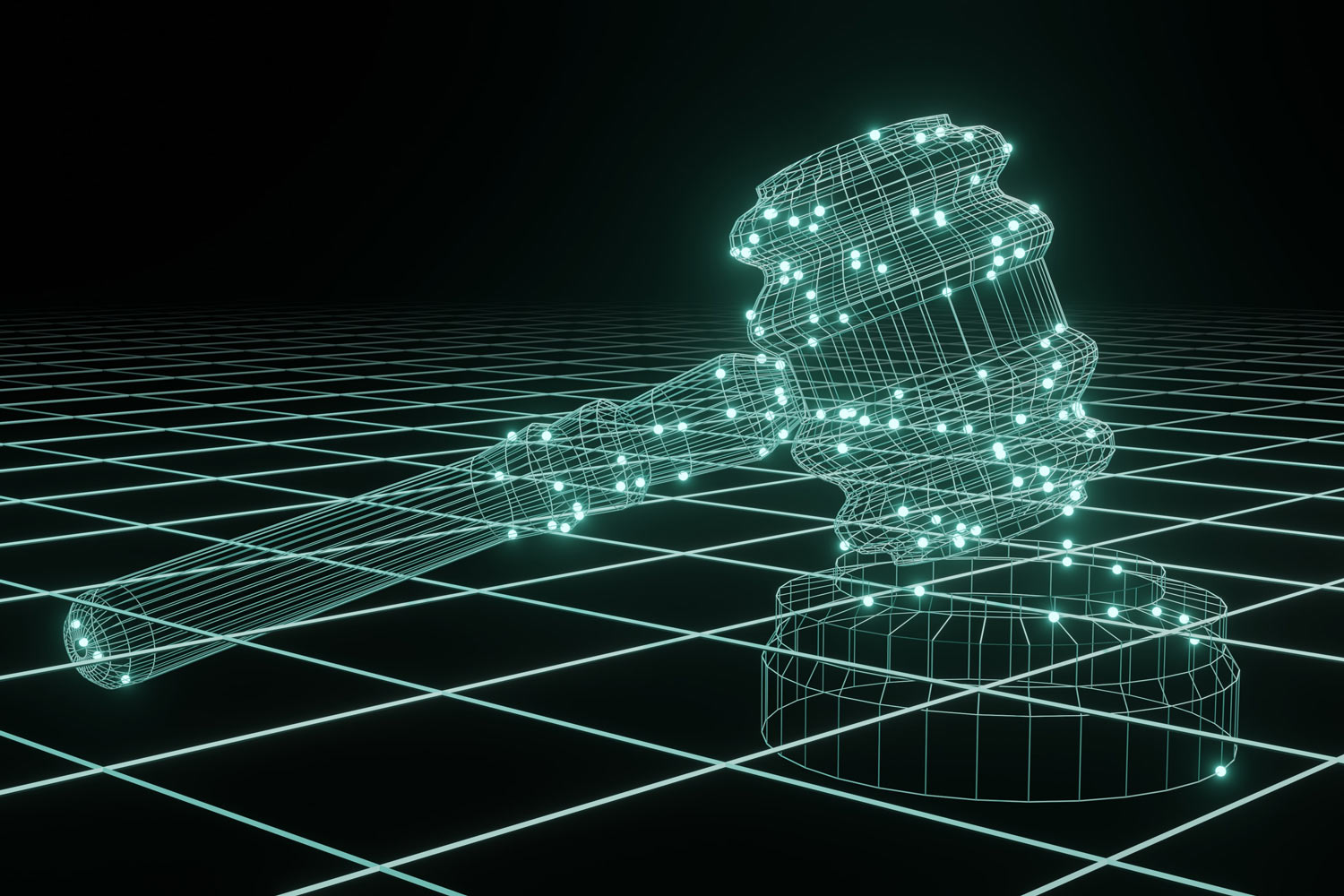
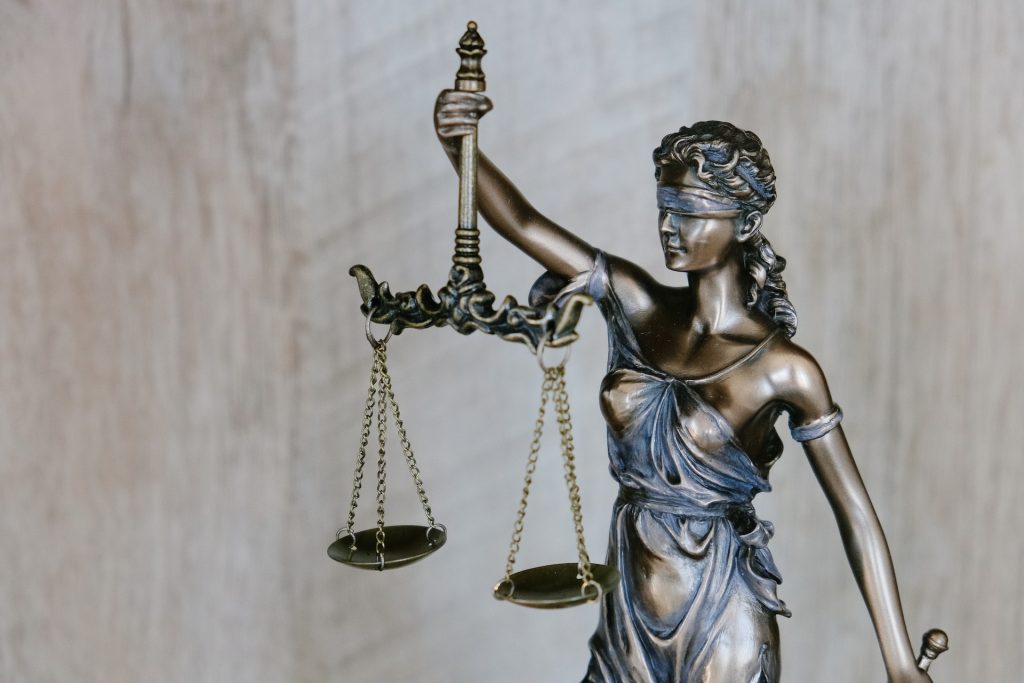
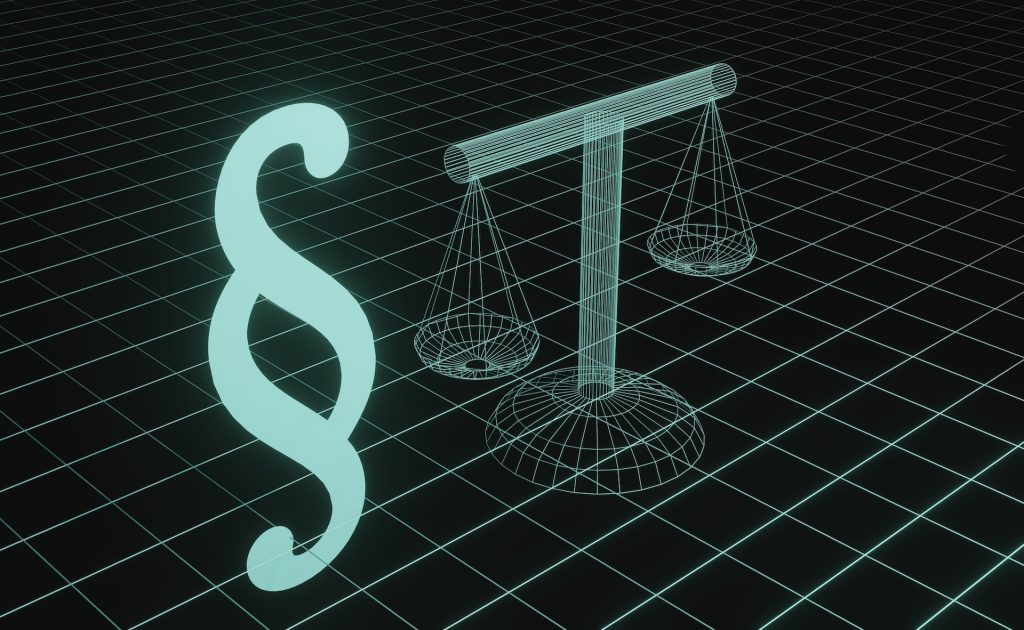

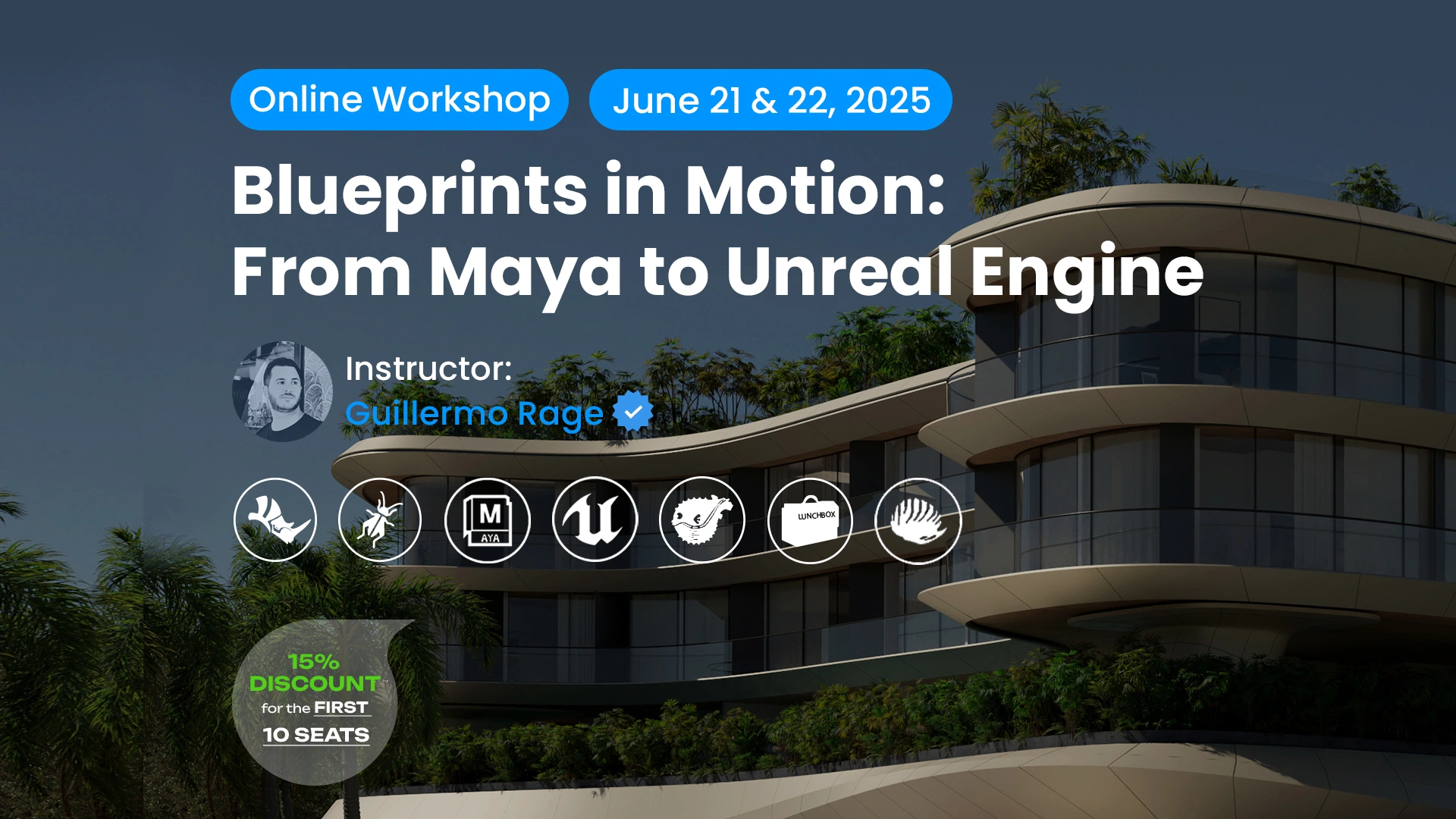







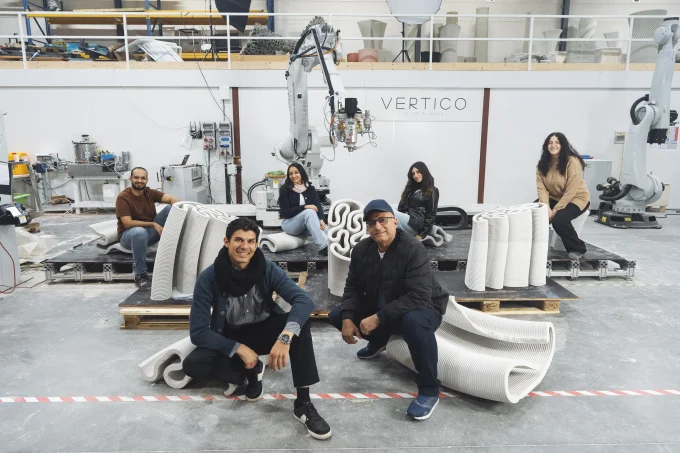




Leave a comment